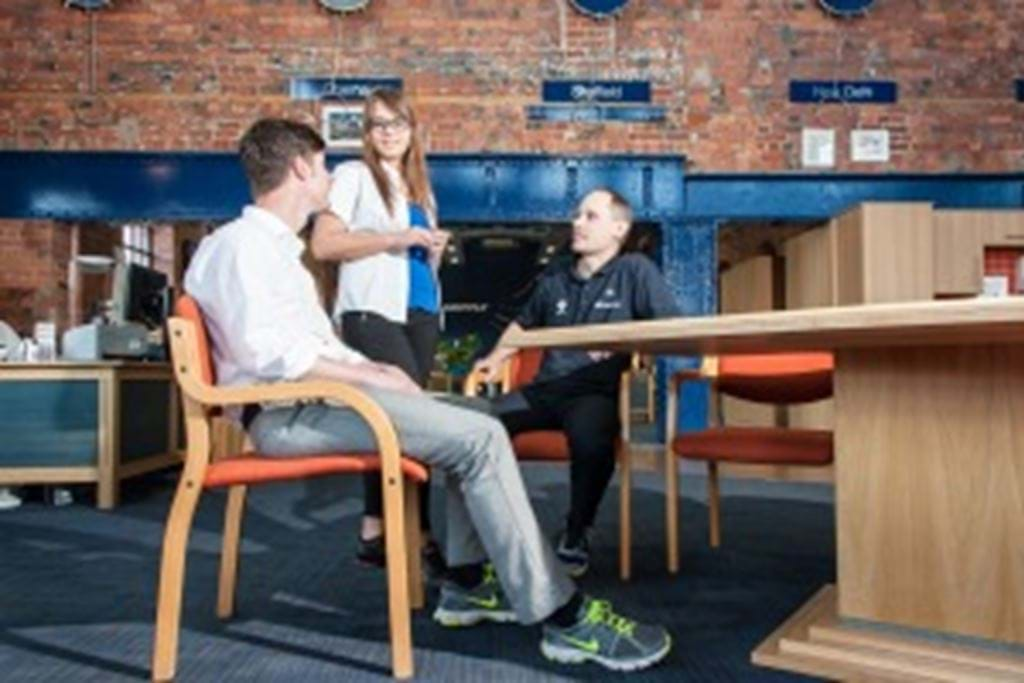Study indicates rapid growth in run-commuting
15 October 2014

Research carried out by Simon Cook (Royal Holloway, University of London), in partnership with run2work and funded by the Economic and Social Research Council (ESRC), indicates the number of people choosing to run to or from work as an alternative mode of transport has nearly tripled in the last two years.
The physical (98%) and mental (96%) benefits of run-commuting are two main reasons for this growth in popularity.
The first ever survey of run-commuters in the UK, predominantly in London, reveals:
- 60% of people who are run-commuting have been doing so for less than two years.
- 97% of run-commuters say that workplace showers and lockers are needed to encourage more people to run-commute. The onus is on employers to do more to support run-commuting which will have knock-on benefits for encouraging staff to be active and healthy at work.
- Running to work has a more even gender balance compared to cycle-commuting. 35% of run-commuters are women, compared to just 27% for cycle-commuting.
- For many people who run-commute, it has become a regular habit, with 42% running to or from work two or three times a week, and 15% two or three times a month. Only 10% run to or from work every day. There seems to be little seasonal variation in this with 84% run-commuting all year round.
- 51% of run-commuters run both to and from work, and 26% normally run from home to work.
- 92% of run-commuters are in full time employment leading to high run-commuting rates mid-week. Tuesdays (50%), Wednesdays (55%) and Thursdays (58%) are the most popular days people choose to run-commute.
- 84% of run-commuters run with a backpack and 86% say that making the costs of shoes and equipment for running to work tax-free would encourage more people to run-commute.
In total 235 responses were collected between July and September 2014, with the majority of respondents being based in London.
Simon Cook, a social geographer, who led the study, said of the results: “This is the first time run-commuting has been studied anywhere in the world, as far as we’re aware, which marks this as an important piece of research. Run-commuting is an emerging transport practice that offers much potential as an alternative urban transport mode and reimagines what commuting can be. It is certainly something that warrants much further study so it can be better accounted, understood and planned for.”
Gordon Lott, founder of run2work, said: “This research shows run-commuting is appealing to men and women of all ages and there’s a clear message to employers and Government – you can do much more to enable people to be active and healthy. This includes establishing minimum requirements for showers in the workplace and making the costs of running to work tax-free, just like Cycling to Work. We also ask the ONS (Office for National Statistics) to help us measure and track growth in run-commuting and include running to work in the Population Census and National Travel Survey, among others.”
Find out how you can set up your own workplace running programme at www.runengland.org/workplace and check out our workplace running tips from former GB marathon runner Mara Yamauchi here.
More news from RunTogether




